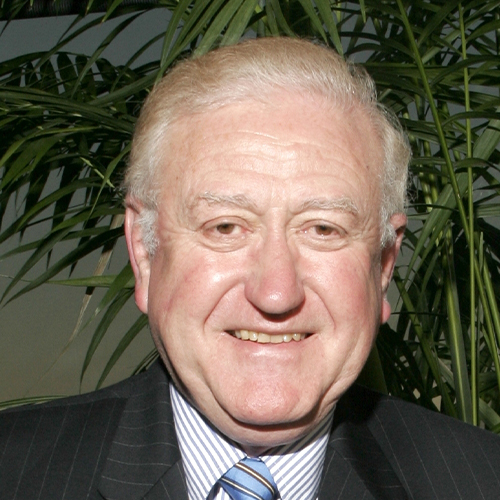In 1999, the Institute for Medicine published its landmark report “To Err is Human.” It suggested that 44,000-98,000 patients in the United States died because of medical errors in our hospitals.

Michael Ramsay, M.D.
CEO, Patient Safety Movement Foundation
Last year, the Office of the Inspector General, after reviewing electronic medical records reported that in 2018, 25% of Medicare patients experienced an adverse event in a hospital, and on review 43% were deemed preventable. The cost of these errors was calculated to be in worth billions of dollars and approximately 180,000 patients died as a result. Many patients are fragile and susceptible to hospital-acquired conditions, including infections, pressure ulcers, and falls.
Many organizations have focused on what should be done to correct this. One of these was the Patient Safety Movement Foundation. This “not-for-profit organization” was made up of patients and patient advocates, healthcare experts, med-tech companies, safety experts from other industries, and academics with a goal of furthering:
- Transparency of data, so the real number of adverse events will be reported
- Evidence-based practices to prevent many of these errors
- Aligned incentives where payment is linked to quality of care
- A National Patient Safety Team that includes patients to review major causes of adverse events
Recommendations for better healthcare
Last year, President Joe Biden requested that the President’s Council of Advisors on Science and Technology (PCAST) form a subcommittee on Patient Safety to address the high rate of preventable harm and deaths in patients and healthcare workers in the United States.
The Chairs of this subcommittee were Joe Kiani, founder and CEO of Masimo, a medtech company; and Eric Horvitz, chief scientific officer of Microsoft. The members were all safety experts from industry, healthcare, and included patient advocates.
The recommendations of PCAST to President Biden were as follows:
- Establish and maintain federal leadership to improve patient safety as a national priority.
- Ensure all patients receive evidence-based solutions for preventing harm and addressing risk.
- Require annual public reporting of outcomes immediately.
- Create a learning ecosystem with shared accountability.
- Advance interoperability of healthcare data and assure access to the tracking of harm.
- Improve safety for all healthcare workers and their patients through supporting a culture of safety.
- Partner with patients, and reduce disparities and adverse outcomes.
- implement “whole of society approach” to patient safety.
- Improve data transparency.
- Accelerate research and deployment of practices, technologies, and exemplar systems of safe care.
These recommendations were all supported by the Patient Safety Movement Foundation.
Taking accountability
Patients and patient families must be involved and take part in their healthcare. There are billions of dollars to be saved by providing good, safe care.
When the Boeing jet had a wall panel blow out a few months ago, news media around the globe reported on it. The fleet was grounded and airlines checked planes for similar problems. Several issues were discovered and fixed.
If this were to happen in healthcare when serious mistakes are made, such as removing the wrong-side kidney, processes would be put in place where mandatory checks occur before surgery starts. That is supposed to be the case now, but there are incidents that are not addressed publicly.
The U.K. government has added an official ”patient advocate’ position, who patients can contact to voice patient care concerns. Their government just inaugurated Martha’s Law after a mother could not get medical staff to listen and act on her concerns that her 13-year-old daughter, who was in a bike accident and had abdominal pain, was not right. It turned out she had sepsis, and when it was finally recognized, it was too late. Now, there is a critical care team available as a second opinion that a mother can call.
President Biden has expressed support for the PCAST recommendations, including “Partnering with patients and patient families to reduce disparities and adverse outcomes, and provide access to care for all.” We hope that he will institute all these measures at least initially for government-funded healthcare systems, as this will not need Congress’s approval.
A future where quality, safe, and affordable healthcare is accessible to everyone is possible, especially if we save the billions of dollars spent on treating preventable medical harm.

